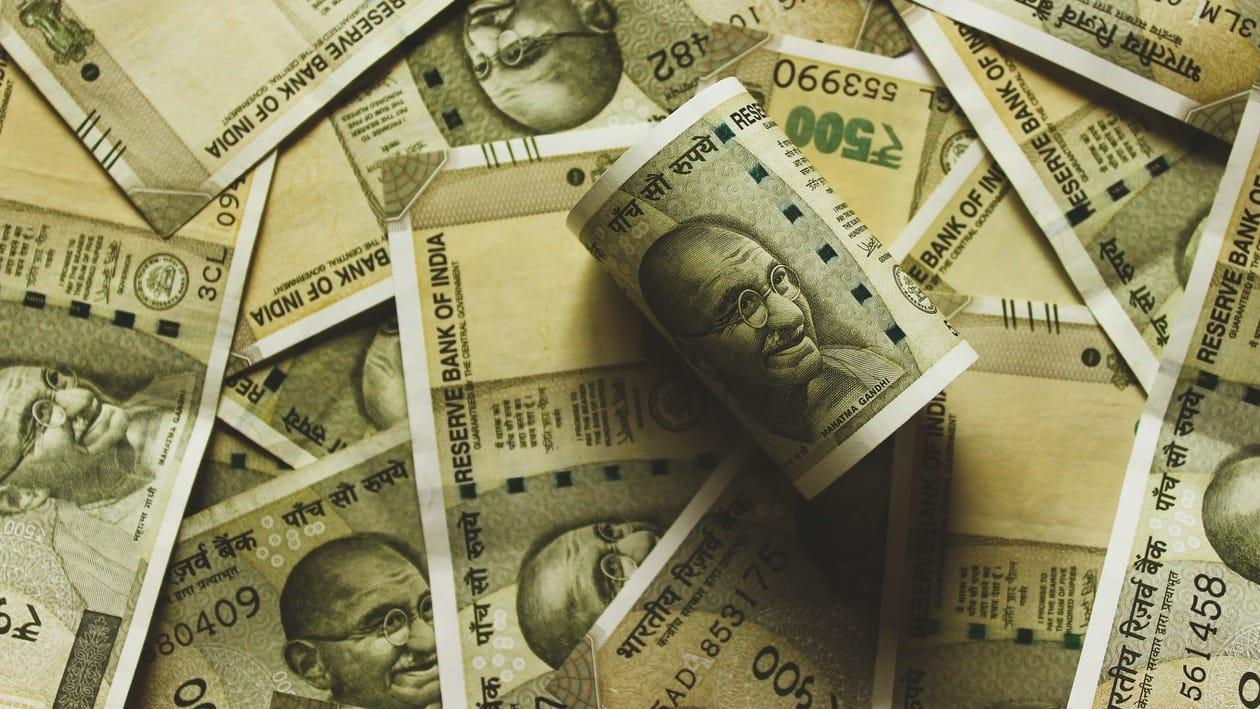Along with equity markets, commodity and forex trading are also becoming increasingly popular among investors. The main difference between commodity and forex markets is products traded in these markets. While commodity markets trade in products like gold, coffee, oil, cotton metals, etc., a forex or currency market trades in global currencies like yen, dollar, euro, etc.
Choosing which market to trade in will depend on your portfolio. Let's understand the key features of these markets.
Commodity Trading
Commodity trading is a popular investment option available to investors. It provides a great way to diversify one's portfolio. There are around 50 commodity markets around the world trading in over 100 commodities. The most commonly used Commodity exchanges in India include - Multi-Commodity Exchange of India Limited (MCX), National Multi-Commodity and the Derivatives Exchange of India Limited (NCDEX).
While there are many ways to invest in a commodity market, the most common one is investing in commodity futures. In a futures contract, a trader sells or buys a commodity at a predetermined price on a future delivery date.
Commodity markets have longer trading hours and hence can be traded more. Since commodities are seen and used in everyday life and have known seasonal patterns, some traders prefer it more.
Let's look at some advantages of buying commodities
1. They make great diversifying options for a portfolio.
2. It provides investors exposure to global markets.
3. Many commodities can be easily tracked since they have known seasonal patterns
4. Commodities have a lower transaction cost than other securities.
5. Commodity trades are considered safe since they are highly regulated and have daily range limits.
Forex Markets
This is the biggest financial market in the world which tracks currencies across the globe. Generally, banks, financial institutions, hedge funds, forex brokers, and companies participate in forex trading.
The currency rates depend on the demand and supply of a country's currency and it is affected by a range of factors like inflation, interest rates, political uncertainty, economic growth, trade, etc of a country. The level of confidence in a country’s economy determines the price of its currency on the forex market.
Unlike commodity markets, investors in the forex market have more options to trade. They can trade via the spot, forwards, and futures markets. In spot markets, the delivery of assets is made immediately unlike in the futures market where a future date is set. While trading in the forex spot market, the currencies are exchanged at the current rate instead of a predetermined rate.
Advantages of currency trading
1. It is very liquid and your funds can be easily accessed in case of an emergency.
2. Similar to commodities, investors trading in currency markets also get exposure to global markets by trading currencies.
3. Currencies offer higher leverage than commodity trading.
4. It can also be used as a diversification tool for your investments.
5. Forex investments can be hedged in order to protect them from any upcoming political risk.
Difference
The main difference between the commodity and currency markets is that the commodities market is highly regulated. This is not the case with forex markets. Commodity trading has a daily range limit, if these are exceeded, further trading is prohibited. There is no such limit in currency markets.
Secondly, forex markets are more liquid than commodity markets and investment in it can be hedged.
Meanwhile, commodity markets are more trackable since they deal with commodities with known seasonal trends. Forex markets are more volatile in this regard. Also, the transactional cost of commodities markets is lower than that of forex markets.
While both markets offer options to leverage one’s trades, currency markets offer higher leverage than commodities markets, which is relatively easier to fulfill.
Now that we understand the basics of both commodity and currency markets and the difference between the two, one can choose which option is better suited to his/her portfolio. Both markets provide great diversification tools for investors.
